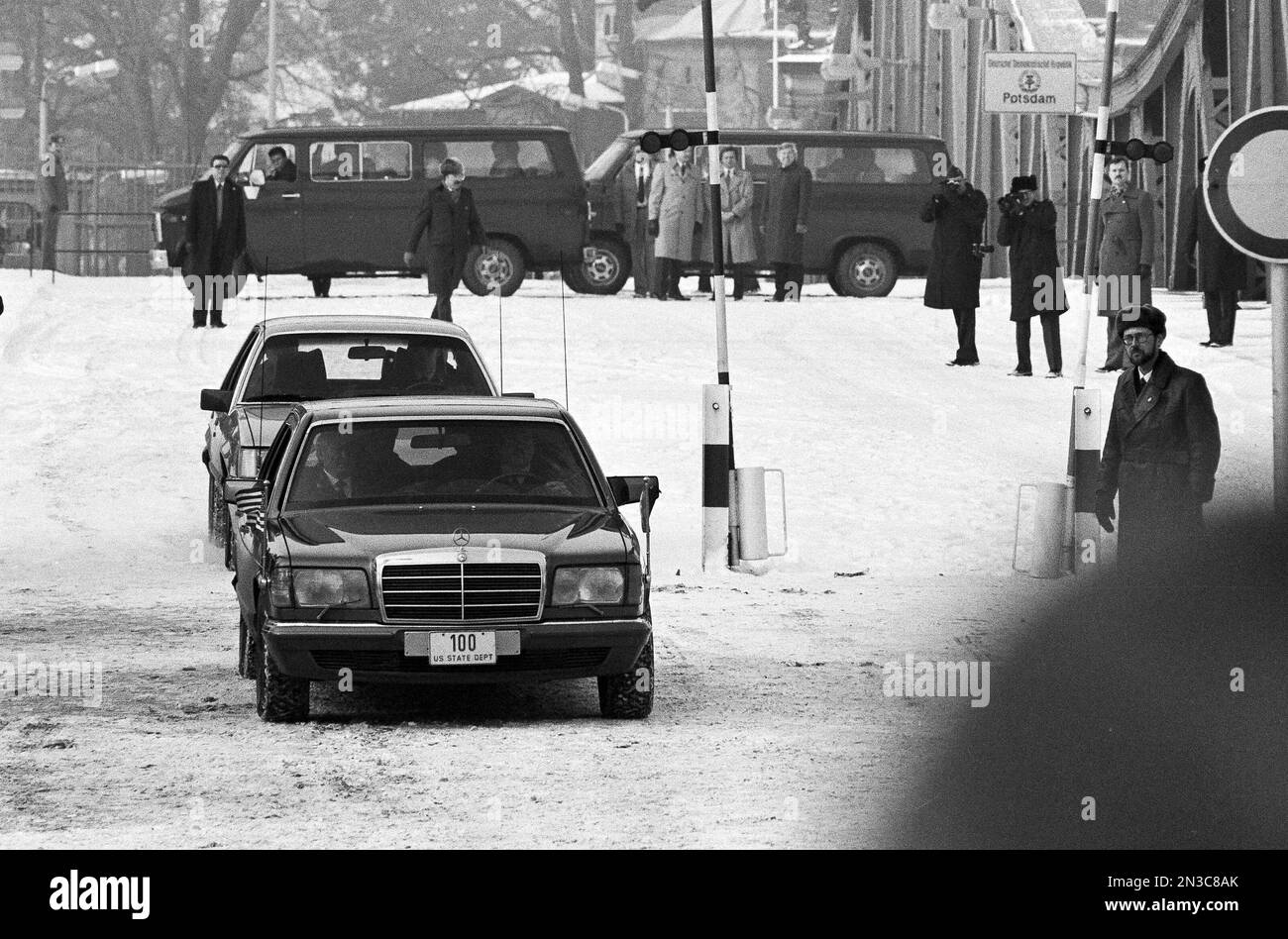Natan Sharansky, born Anatoly Shcharansky, defied Soviet oppression, enduring nine years in prison for advocating human rights and Jewish emigration. His story is a testament to the power of individual courage against tyranny, a narrative woven with threads of intellectual defiance, global activism, and an unwavering commitment to freedom.
The Making of a Dissident
From Donetsk to Dissidence: Sharansky’s Early Years
Anatoly Shcharansky’s journey began in 1948 in Donetsk, Ukraine, then a part of the Soviet Union. Growing up Jewish in this environment meant facing pervasive anti-Semitism, a reality that Sharansky later described as being Jewish, a “disease without cure” within that system (Tablet Magazine). Despite these challenges, he excelled academically, demonstrating a particular aptitude for mathematics. He later worked as a chess instructor, honing strategic thinking skills that would prove invaluable during his years of confinement. This intellectual foundation, combined with a growing awareness of the injustices surrounding him, laid the groundwork for his future activism.
The Refusenik Movement and the Seeds of Resistance
Sharansky’s activism took root in the refusenik movement. This group of Soviet Jews, denied the right to emigrate to Israel, became a symbol of resistance against the Kremlin’s oppressive policies. Assisting these refuseniks, Sharansky became increasingly vocal in his criticism of the Soviet regime. He understood the risks, but the desire for freedom, both for himself and his fellow Jews, outweighed the looming threat of reprisal. In 1973, he applied for an exit visa, a request promptly denied by Soviet authorities under the pretext of his supposed access to “state secrets.” This denial was a clear signal of the challenges to come, marking a turning point in Sharansky’s life.
The Price of Defiance
Arrest, Show Trial, and the Gulag
Four years after his visa application was rejected, the inevitable occurred. In 1977, Sharansky was arrested on fabricated charges of treason, espionage, and anti-Soviet agitation. The accusations, linking him to alleged collaboration with the CIA, were a clear attempt to silence his dissent. The 1978 show trial, a mockery of justice, offered Sharansky a platform to demonstrate his unwavering spirit. His defiant declaration, “To You, the Court, I Have Nothing to Say,” resonated far beyond the courtroom walls (Council on Foreign Relations). Sentenced to thirteen years in prison and labor camps, Sharansky began a grueling chapter in his life. Delve into the fascinating life of Arnold Zelonka who, like Sharansky, faced the harsh realities of Soviet oppression. Explore also the intriguing story of Alexandre Colonna Walewski, another figure whose life intersected with significant historical events.
Intellectual Resistance: Chess in the Mind of a Prisoner
Inside the harsh confines of the Gulag, Sharansky faced not only physical deprivation but also the relentless psychological pressure designed to break his spirit. To maintain his sanity and intellectual sharpness, he turned to chess, playing countless games within the confines of his own mind (BBC). This mental exercise became more than just a pastime; it was an act of defiance, a testament to his refusal to be subdued. It showcased his resilience, his ability to find strength and solace in the midst of adversity.
A Global Campaign for Freedom
While Sharansky endured the hardships of imprisonment, his wife, Avital Sharansky, launched a tireless international campaign for his release. Her unwavering dedication, combined with the growing attention from human rights activists and Western governments, placed increasing pressure on the Soviet Union. Sharansky’s case became a symbol of the struggle against Soviet oppression, capturing the attention of the world. This global advocacy effort played a crucial role in ultimately securing his freedom.
The Glienicke Bridge: A Walk to Freedom
In 1986, after nine years of unjust imprisonment, Sharansky’s ordeal came to an end. He was released as part of a prisoner exchange between the US and USSR, a moment of high drama that unfolded on the Glienicke Bridge, a symbolic crossing point between East and West Berlin. Even in this moment of liberation, Sharansky remained defiant, refusing to admit guilt as a condition of his release. His walk across the bridge was not just a step towards personal freedom, but a powerful symbol of the triumph of human spirit over oppression.
A New Chapter: Life in Israel
From Prisoner to Politician
Upon arriving in Israel, Sharansky embraced his Jewish heritage, adopting the Hebrew name Natan and simplifying his surname to Sharansky. Despite being exempt from compulsory military service, he insisted on undergoing basic training, a testament to his commitment to his new homeland. His journey into Israeli politics seemed almost inevitable. He served as a Member of Knesset, holding various ministerial positions, including Minister of Housing and Construction, Minister of Industry and Trade, and Minister of Internal Affairs. He founded the Yisrael BaAliyah party, advocating for the rights of Russian-speaking immigrants. He later served as Chairman of the Jewish Agency for Israel (2009-2018). This transition from prisoner to prominent politician highlights Sharansky’s remarkable resilience and his dedication to public service.
Author and Advocate: Sharing His Story and Vision
Sharansky shared his experiences and insights with the world through his writing. Fear No Evil, his gripping memoir, provides a chilling account of his imprisonment and the mental strategies he employed to survive. In The Case for Democracy, he argues passionately for the promotion of democratic values as a crucial defense against tyranny and terrorism. These works cemented his status as not only a witness to history, but also a thought leader on issues of freedom and human rights.
Sharansky’s Enduring Legacy
A Symbol of Resistance and the Power of Hope
Natan Sharansky’s life story resonates far beyond the confines of his own experience. He became an international symbol of resistance against oppression, a champion of human rights, and a key figure in the struggle for Jewish emigration from the Soviet Union. His legacy continues to inspire those who fight for freedom and justice around the world.
Where is Natan Sharansky Now?
Today, Natan Sharansky continues his fight for freedom and human rights, leading five Jewish non-profit organizations. Two of these organizations focus on combating the rising tide of antisemitism, while another, the Babyn Yar Holocaust Memorial Center, is dedicated to preserving the memory of the Holocaust. His work with Babyn Yar includes a massive project to digitize its two-century-old archives, ensuring that the lessons of history remain accessible to future generations. He continues to be a vocal advocate for democratic values, freedom of conscience, and the fight against injustice, as evidenced by his correspondence with Alexei Navalny, another political prisoner facing oppression in Russia.
How the West Secured Sharansky’s Release
The release of Natan Sharansky was the result of a multifaceted international effort. Avital Sharansky’s relentless campaign, the diplomatic pressure from Western governments (particularly the US, which linked his case to arms control negotiations), extensive media coverage, and widespread public demonstrations all contributed to the pressure on the Soviet Union. The eventual prisoner exchange on the Glienicke Bridge marked a significant victory for human rights and a testament to the power of collective action.
Sharansky and Mandela: Parallels of Courage and Resistance
Sharansky’s struggle bears striking similarities to that of Nelson Mandela. Both men endured lengthy imprisonments for their activism against oppressive regimes. International advocacy played a key role in securing their release. Upon gaining freedom, both transitioned into political leadership, championing human rights and democratic ideals, although their specific focuses differed given their respective national contexts.
Conclusion: A Life Devoted to Freedom
Natan Sharansky’s life is a testament to the power of the human spirit to resist oppression. From his early activism in the refusenik movement to his political career in Israel and his ongoing advocacy work, he has remained a steadfast champion of freedom and human rights. His story continues to inspire, reminding us that even in the darkest of times, the pursuit of justice and the unwavering belief in human dignity can prevail. While much is known about his remarkable journey, Natan Sharansky’s ongoing work suggests that his legacy will continue to evolve and inspire future generations.
- Discover Long Black Pepper: Flavor & Health Benefits - April 25, 2025
- Shocking Twists: The Grownup Review: Unreliable Narration - April 25, 2025
- A Quiet Place Book vs Movie: A Deep Dive - April 25, 2025
















